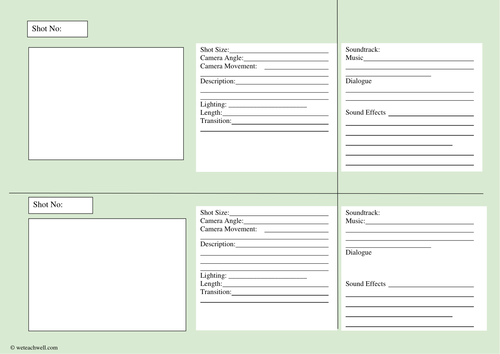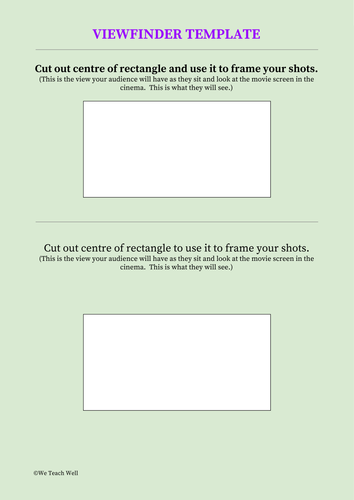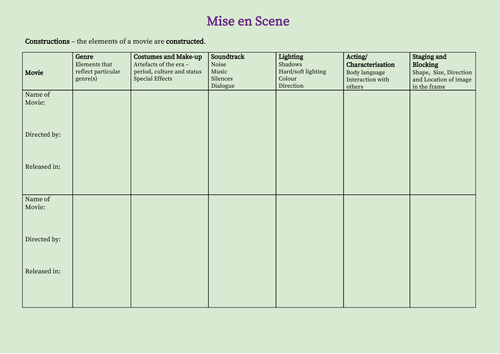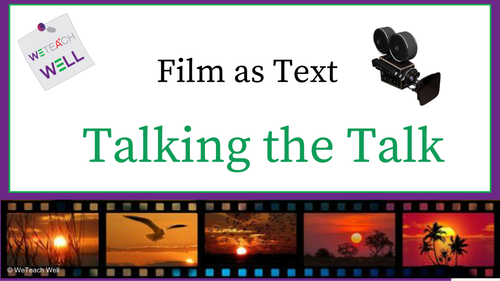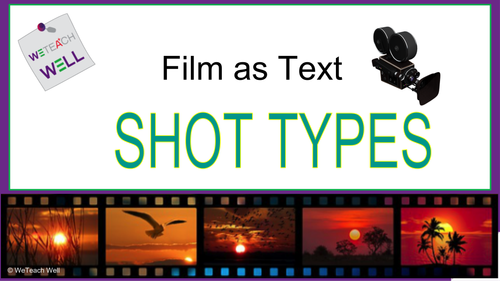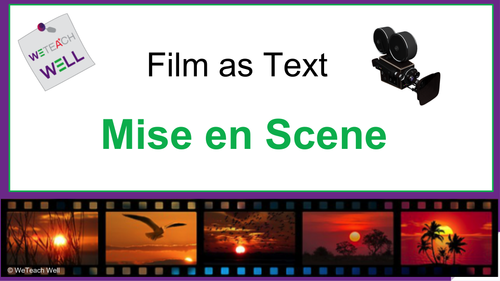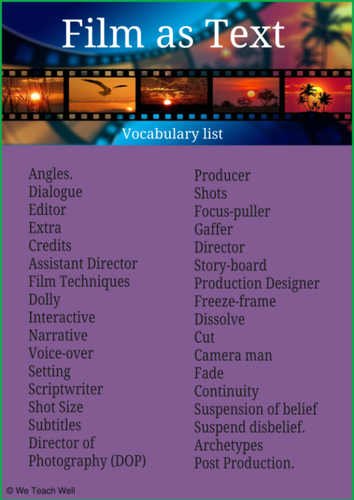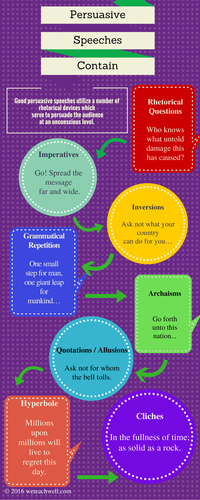WeTeachWell's Shop
This is a place for teachers of English and literature to get materials to use in their classroom. Most of the time we are quite deliberately curriculum agnostic as we want to be able to assist teachers in all regions. In between the literature specific material we will also slip in some fun things from time to time because teachers need some light relief.

